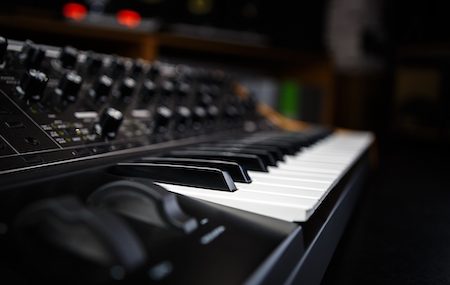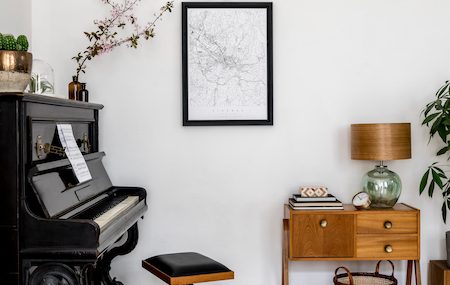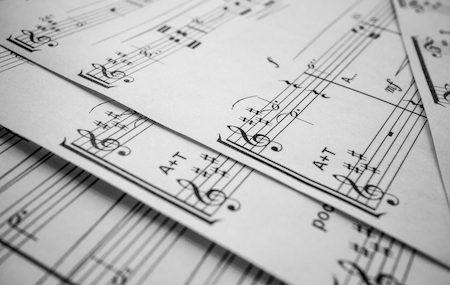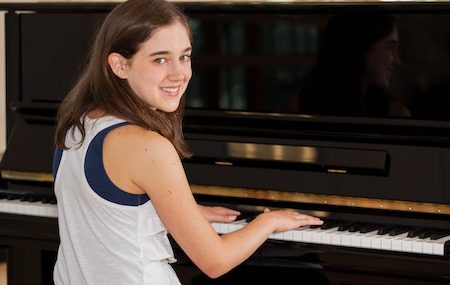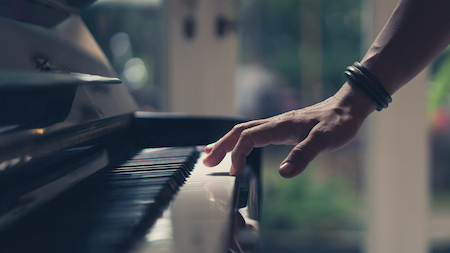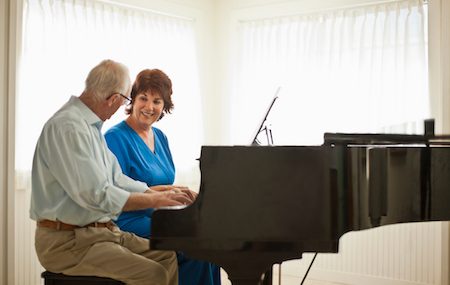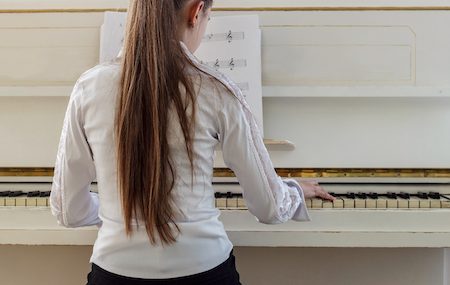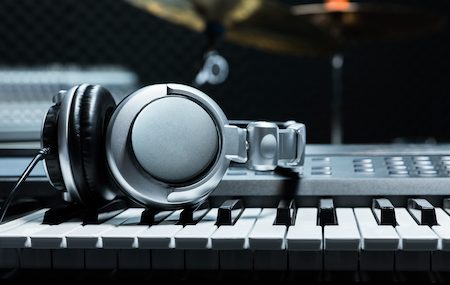The different seasons give us a break from the normal routine. What sounds fun and exciting in the heart of the winter can feel repetitive and boring as we enter the warmest months of the year.
That’s why some parents find it difficult to keep their kids practicing the piano all summer long. They get a break from school, so why not from the piano too?
Studies show that taking a break can set back their learning skills enough they might choose not to continue at all.
Studies also show that by changing the routine, you can give your kids renewed interest in a skill that will last a lifetime.
Teachers have a host of ideas for keeping your kids motivated and playing all through the summer months. But you can approach them and find options that you know will work for you.
Maybe your child would benefit from playing with a group? Do they have a friend who loves playing the violin? Or is taking up playing the flute in school? How can you incorporate practice time together?
Maybe your child needs a change in what they are playing. The school year is all about following a natural rhythm to learn music and comprehension. But the summer is for fun. What kind of music would they like to play?
- Movie or television themes
- Broadway show pieces
- A classic rock song
- Modern day pop music
- A favorite country song
- A jazz piece with a funky beat
You might be surprised at what your child takes an interest in when you introduce them to different options.
Want to go even deeper? Explore music summer camps. Ask your piano teacher for guidance, or do a search using Google. You might be surprised at the music camps in your local area. For older kids, you might even explore weeklong camps in other parts of the world. They can grow immensely from discovering how music impacts our world.
And it keeps their love of playing the piano alive and well.
What activities have you found work well to keep your kids practicing the piano all year long?
